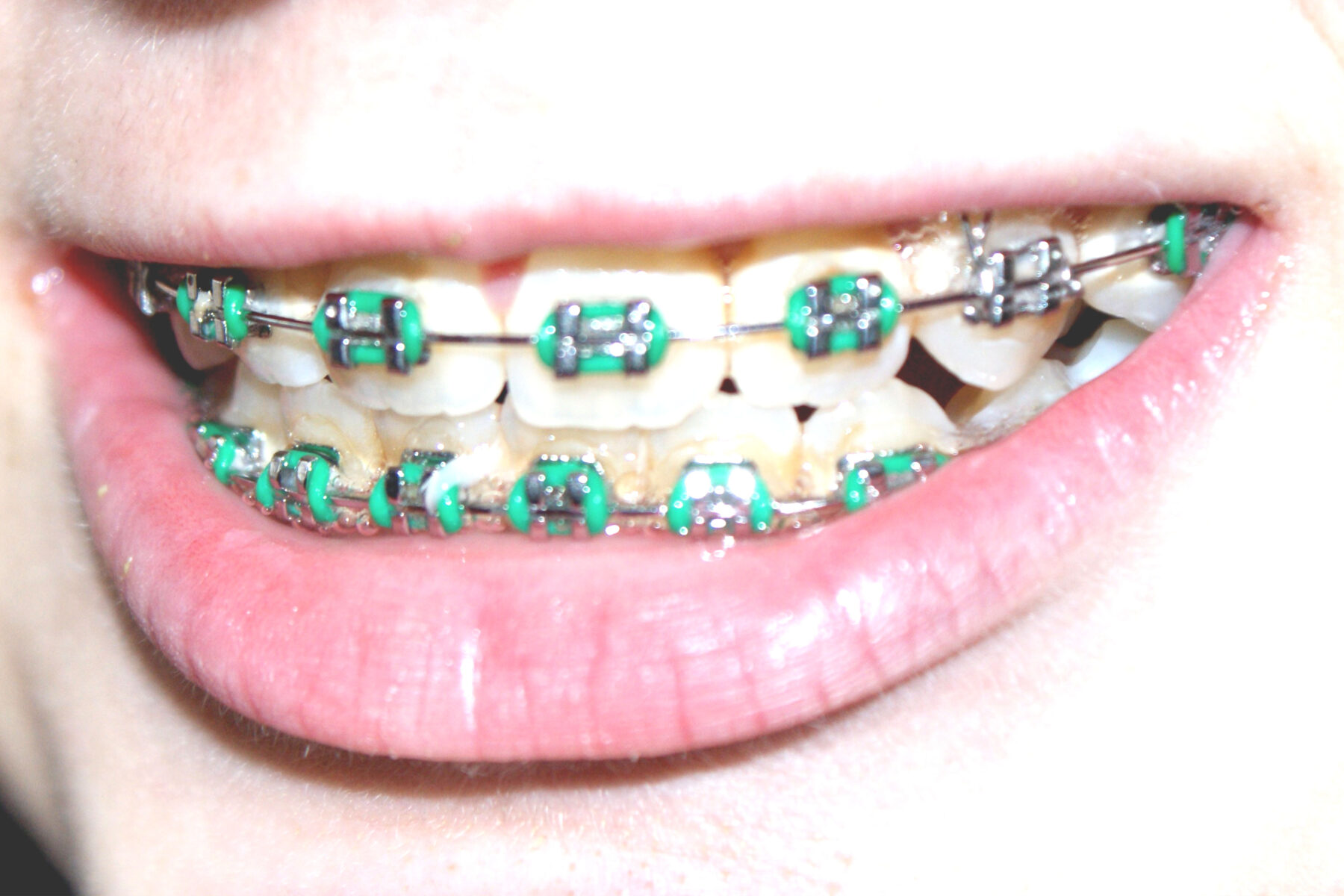 Most people know individuals who have had orthodontic care at some point during their lives. You may have had a friend in elementary school who had metal braces or a retainer. You may have had a coworker who had orthodontic surgery for some reason, too. Orthodontic issues, in short, are far from uncommon. If you have teeth alignment issues, they may not be immediately obvious to you. Your friends and family members may not realize that there are problems with the positioning of your teeth, either. That’s why it’s so important for people to be in tune with their own orthodontic requirements. If you need to visit an orthodontist to get braces, Invisalign or any other form of treatment, there may be some key signs in front of you.
Most people know individuals who have had orthodontic care at some point during their lives. You may have had a friend in elementary school who had metal braces or a retainer. You may have had a coworker who had orthodontic surgery for some reason, too. Orthodontic issues, in short, are far from uncommon. If you have teeth alignment issues, they may not be immediately obvious to you. Your friends and family members may not realize that there are problems with the positioning of your teeth, either. That’s why it’s so important for people to be in tune with their own orthodontic requirements. If you need to visit an orthodontist to get braces, Invisalign or any other form of treatment, there may be some key signs in front of you.
Excessive Crowding of the Teeth
People who need orthodontic care often have excessive teeth crowding. If you look inside your mouth and feel like all of your teeth are crammed in a space that’s way too small for all of them, crowding could be your issue. Crowding can be problematic because it can make teeth appear strangely crooked. It’s also an issue that tends to get more severe with the passing of time. It can even make basic dental hygiene practices significantly more difficult. If you don’t want to have to worry about flossing and brushing your teeth on a daily basis, addressing a crowding problem should be a top priority for you.
Conspicuous Bite Issues
Conspicuous bite issues tend to be a sign of the need for orthodontic assistance as well. If you believe that you have an overbite, underbite or crossbite, you should make an appointment with a trusted orthodontic practice in your area as soon as possible. Bite problems can ruin your smile significantly. They can also lead to an array of other potential concerns. Overbites can make people markedly more vulnerable to front teeth injuries. Underbites can lead to serious issues with basic actions such as chewing and biting. Crossbites can trigger problems with recession of the gums. If you think for any reason that you have any kind of bite trouble, prompt attention from an orthodontist should be in your future.
Jaw Difficulties
Jaw difficulties frequently denote the need for orthodontic attention, too. If your jaw feels like the bane of your existence, that may mean that it requires orthodontic management. If you experience severe jaw soreness and discomfort after meals, that’s a big warning sign. Orthodontists can often help patients with jaw difficulties by providing them with headgear, braces and retainers.
If you suspect that you need orthodontic care, don’t wait around for a second. Set up a consultation with an orthodontic office as soon as possible. Healthy and straight teeth can make you smile wider and bigger than ever before.






